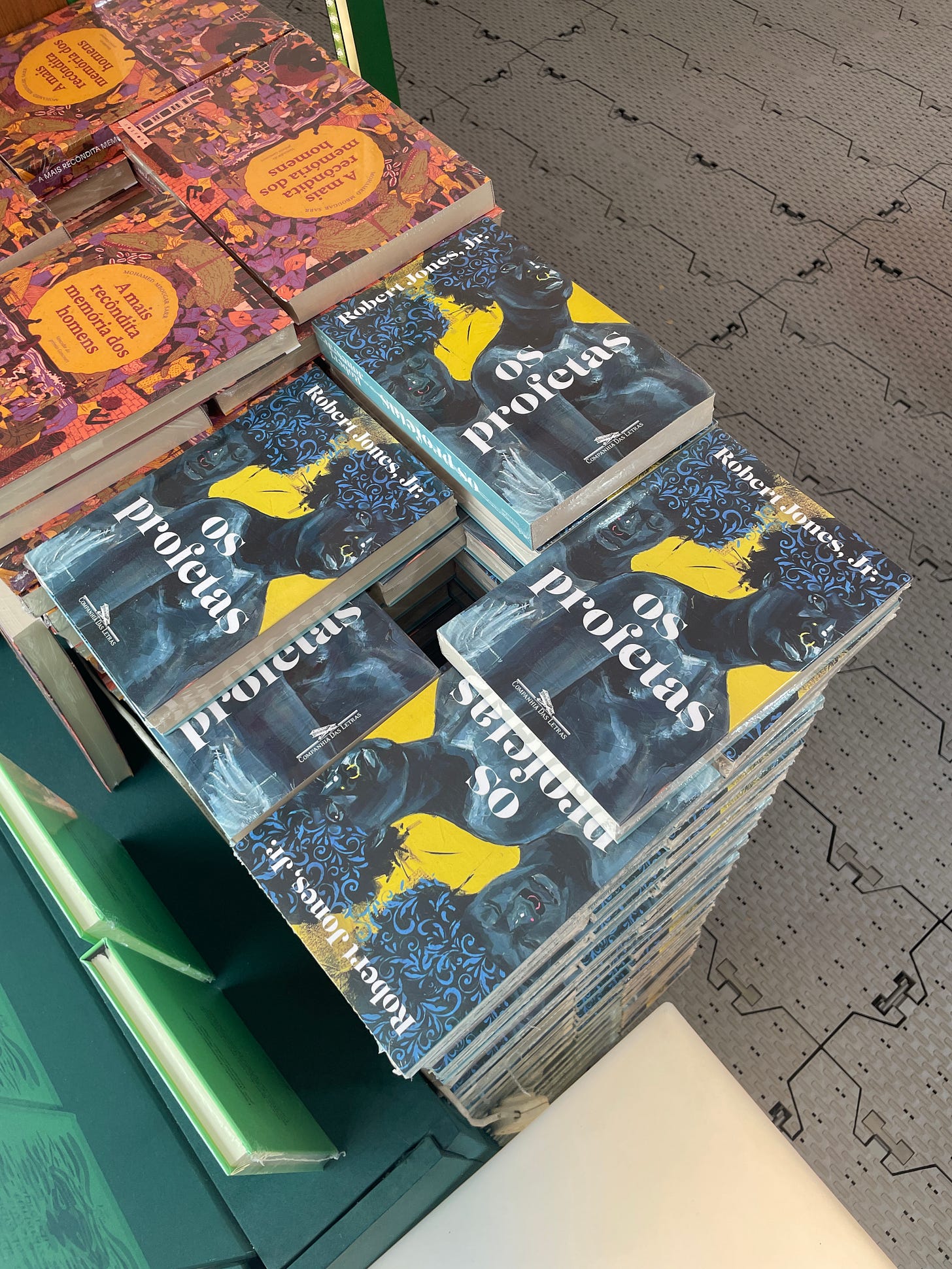
It’s not often that I get a chance to spend time in a majority Black nation. I have, in fact, only been to three: South Africa, Jamaica, and Brazil.
In each of those places, the Black people move with a different kind of knowing as co…
Keep reading with a 7-day free trial
Subscribe to Witness to keep reading this post and get 7 days of free access to the full post archives.



